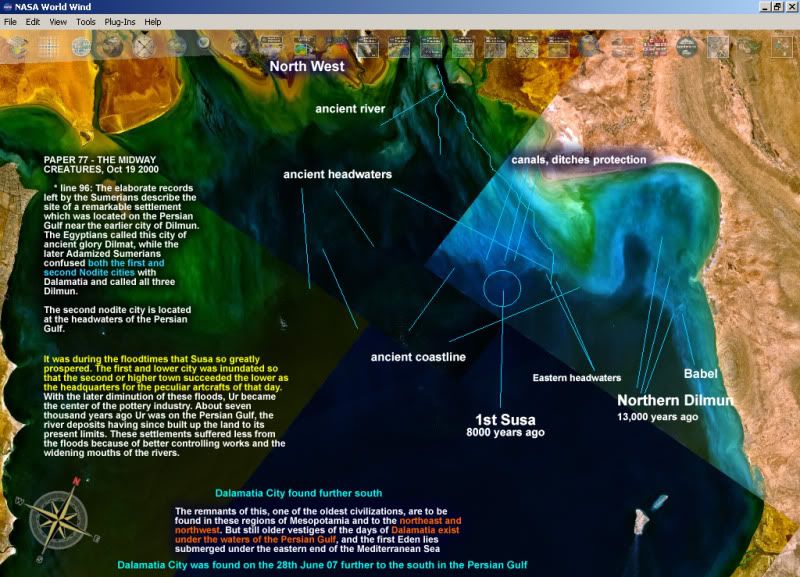The 7 commands of Dalamatia
"Hap presented the early races with a moral law. This code was known as “The Father’s Way” and consisted of the following seven commands:
1. You shall not fear nor serve any God but the Father of all.
2. You shall not disobey the Father’s Son, the world’s ruler, nor show disrespect to his superhuman associates.
3. You shall not speak a lie when called before the judges of the people.
4. You shall not kill men, women, or children.
5. You shall not steal your neighbor’s goods or cattle.
6. You shall not touch your friend’s wife.
7. You shall not show disrespect to your parents or to the elders of the tribe.
This was the law of Dalamatia for almost three hundred thousand years. And many of the stones on which this law was inscribed now lie beneath the waters off the shores of Mesopotamia and Persia. It became the custom to hold one of these commands in mind for each day of the week, using it for salutations and mealtime thanksgiving."
credit photo to: http://www.dalamatiacity.com/urantia-clues.htm

Caino
"Hap presented the early races with a moral law. This code was known as “The Father’s Way” and consisted of the following seven commands:
1. You shall not fear nor serve any God but the Father of all.
2. You shall not disobey the Father’s Son, the world’s ruler, nor show disrespect to his superhuman associates.
3. You shall not speak a lie when called before the judges of the people.
4. You shall not kill men, women, or children.
5. You shall not steal your neighbor’s goods or cattle.
6. You shall not touch your friend’s wife.
7. You shall not show disrespect to your parents or to the elders of the tribe.
This was the law of Dalamatia for almost three hundred thousand years. And many of the stones on which this law was inscribed now lie beneath the waters off the shores of Mesopotamia and Persia. It became the custom to hold one of these commands in mind for each day of the week, using it for salutations and mealtime thanksgiving."
credit photo to: http://www.dalamatiacity.com/urantia-clues.htm

Caino


